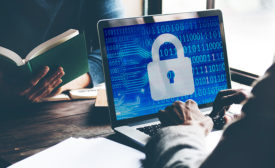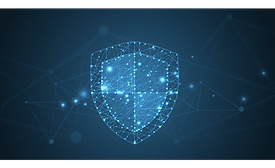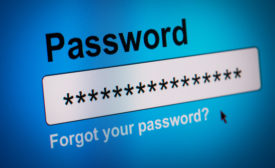Home » cybersecurity
Articles Tagged with ''cybersecurity''
Managing Risk and Threats at the Exelon Corporation
Meet Mary Ludford, Vice President and Deputy Chief Security Officer for the Corporate and Information Security Services business unit at the Exelon Corporation.
October 3, 2019
Sign-up to receive top management & result-driven techniques in the industry.
Join over 20,000+ industry leaders who receive our premium content.
SIGN UP TODAY!Copyright ©2024. All Rights Reserved BNP Media.
Design, CMS, Hosting & Web Development :: ePublishing













